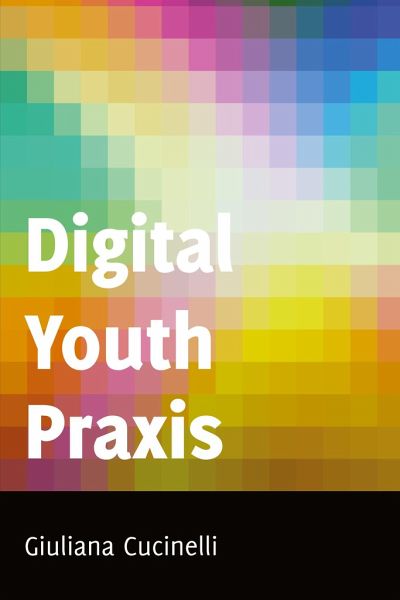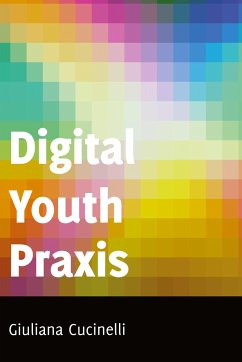
Digital Youth Praxis
Versandkostenfrei!
Versandfertig in 6-10 Tagen
44,75 €
inkl. MwSt.
Weitere Ausgaben:

PAYBACK Punkte
0 °P sammeln!
Developments in information communication technologies (ICTs) have altered the fabric of youth culture in terms of a young person's access to information and ability to communicate with a global audience. The conditions, opportunities, and limitations of using digital media are different for marginalized urban youth. In order to harness the educational value of digital media in the lives of disenfranchised youth, we must understand its potential as a means of empowerment. Central to this book is the development of a model for working with youth using ICTs called digital youth praxis (DYP), whi...
Developments in information communication technologies (ICTs) have altered the fabric of youth culture in terms of a young person's access to information and ability to communicate with a global audience. The conditions, opportunities, and limitations of using digital media are different for marginalized urban youth. In order to harness the educational value of digital media in the lives of disenfranchised youth, we must understand its potential as a means of empowerment. Central to this book is the development of a model for working with youth using ICTs called digital youth praxis (DYP), which offers praxis orientation of ICTs that are critical, creative, and grounded in social justice. This model includes three tenets: the DYP H3 model, used for understanding context and ICT creation practices; the DYP phases, which offers six phases for critical ICT making; and the DYP typology, which offers insight on three different levels of ICT engagement and what they include. The purpose of this model is to clarify concepts and propose interdisciplinary relationships among concepts, provide a context for interpreting the findings, explain observations and creative content, and to encourage theory development that is useful to practice. Providing insight based on community-based fieldwork with marginalized youth, the interdisciplinary nature of Digital Youth Praxis is an excellent guide for formal and informal educators interested or engaged in youth media productions.














